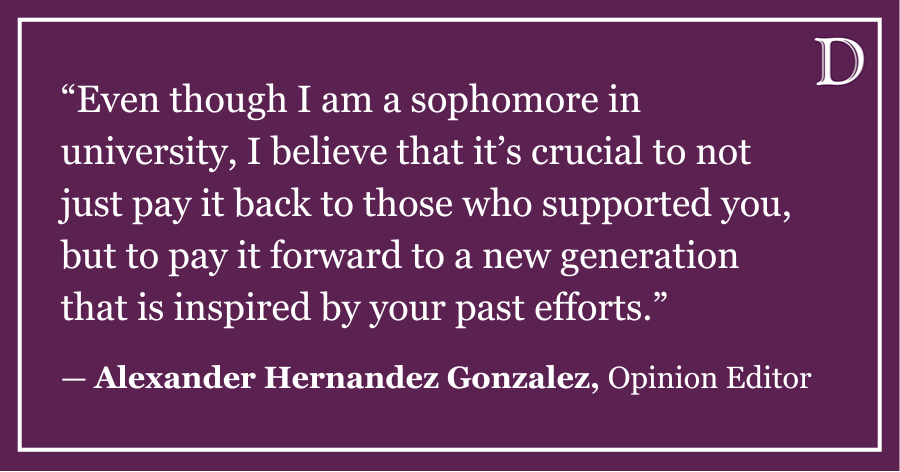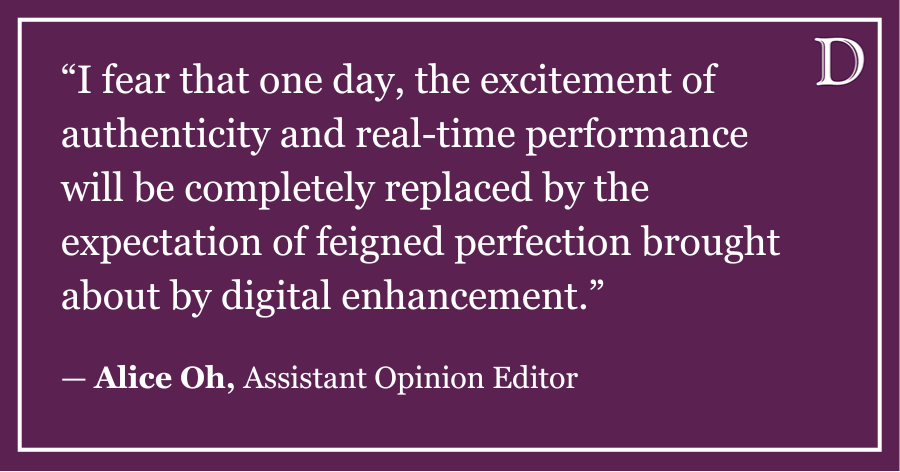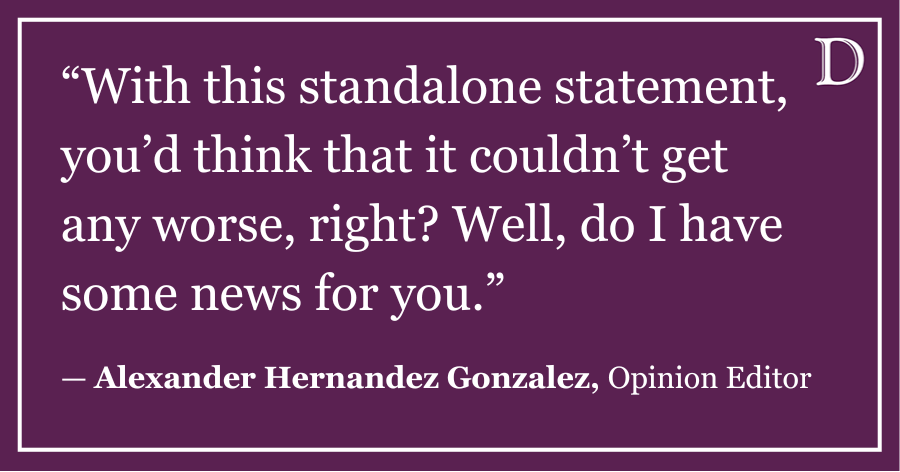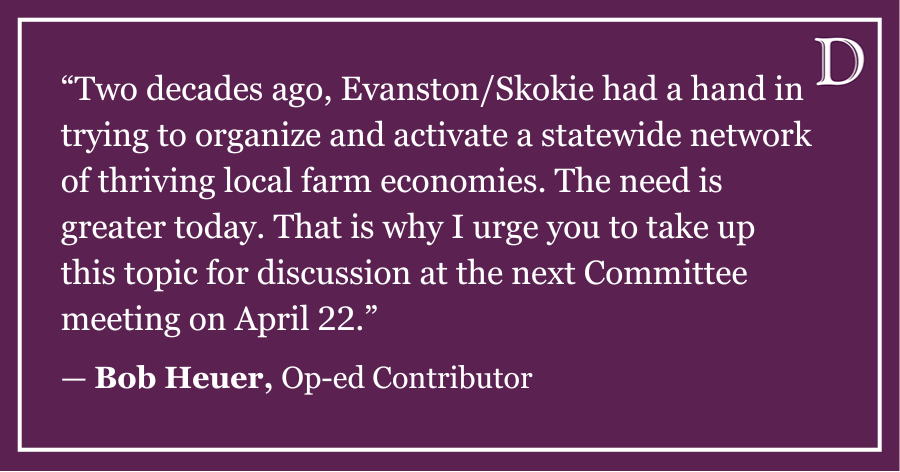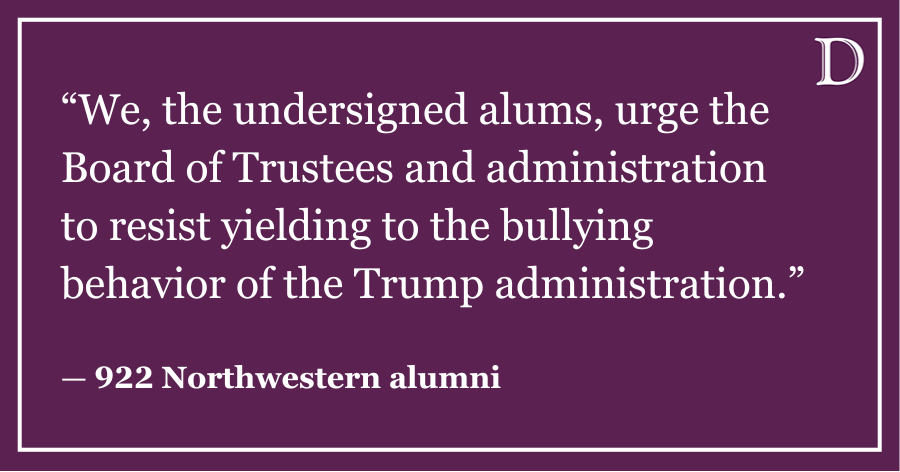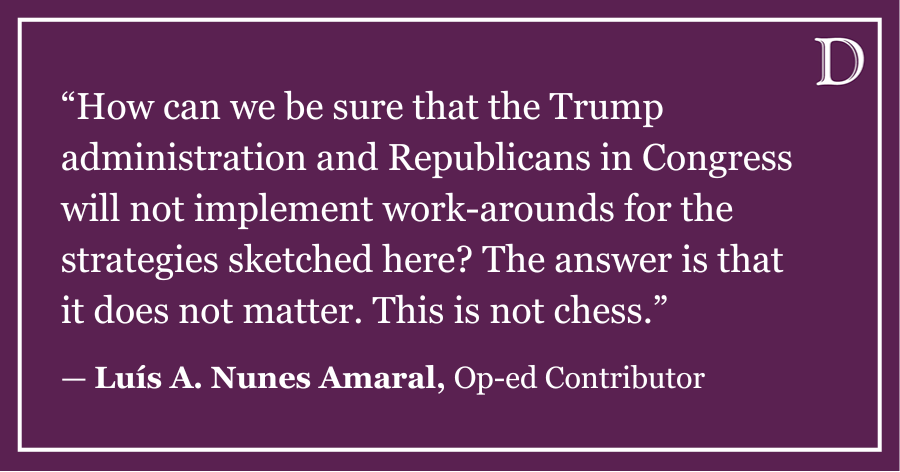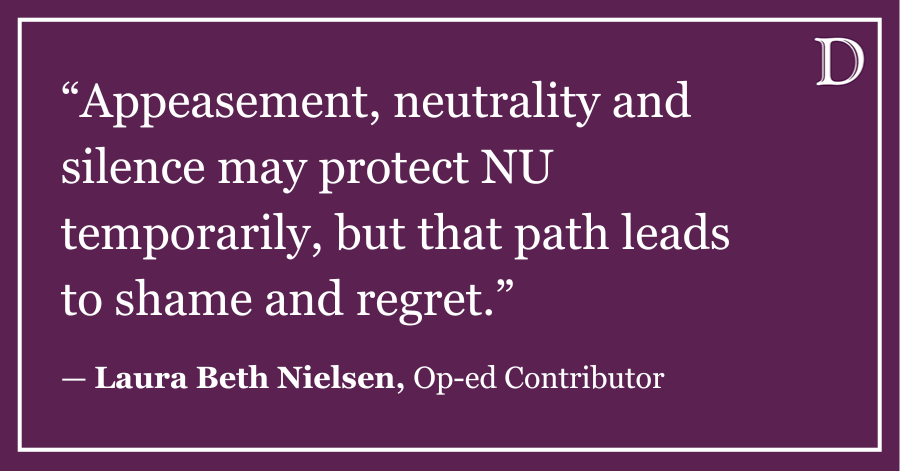Walk down Sheridan Road on a Monday morning and you will see droves of Northwestern students rushing to class, coffee mugs in hand, eyes tired from a night of poring over textbooks. It’s become normal for students to spend their mornings chugging coffee and bragging about how little sleep they got the night before.
At my high school, things weren’t much different — busy students also slept little. However, we were aware of the effects this had on our bodies and accepted this state only occasionally and begrudgingly. In college, it becomes accepted that we will deprive ourselves of sleep in order to keep up with work. Students should be aware of how lack of sleep affects their bodies, minds and lives.
According to the National Sleep Foundation, people who are more than 17 years old generally need seven to nine hours of sleep a night. How many of us can say we regularly achieve this goal?
It is understandable that college students will sometimes be short on sleep given our variety of commitments: class, homework, extracurricular activities and possibly even a job. However, it is concerning to see how frequently students at NU and other schools deprive themselves of sleep.
Staying up late to work on a paper or studying for an exam may boost a student’s performance in the short term. However, a cycle of sleep deprivation generally becomes counter-productive. One study found that losing an hour of sleep caused students to perform at the level of students two years behind them. If you were a high school senior in calculus, would you want to be moved to Algebra II? But that’s exactly what you’re signing up for when you don’t sleep enough.
Sleep that occurs early in the night and the dream sleep later on help the brain process and learning new information. Students who stay up late to finish work deprive themselves of the chance to fully comprehend new material. This results in a vicious cycle of sleep deprivation and cramming.
Lack of sleep has also been linked to lower T-cell counts, leaving someone with a weaker immune system and higher risk of getting the cold and flu. Everyone hates getting sick, and college students find it infuriating to miss class or get behind on work. Staying up late cramming for a test might get a student a higher grade but is not worth the academic costs of a week of illness.
For college students with cars, sleep deprivation carries even more risks. Driving while tired doubles the risk of an accident — as severe a risk as driving drunk, a study found.
Although it is difficult to tell how tired a driver in an accident was, drowsy driving is still known to cause many accidents each year. Forty thousand injuries and 1,550 deaths are attributed to drowsy driving each year.
As college students, we know that we are going to have to push ourselves to achieve our potential. However, doing our best requires us to get those seven to nine hours, at least as often as we can.
Matt Gates is a Weinberg freshman. He can be reached at matthewgates2017@u.northwestern.edu. If you want to respond publicly to this column, send a Letter to the Editor to opinion@dailynorthwestern.com.



